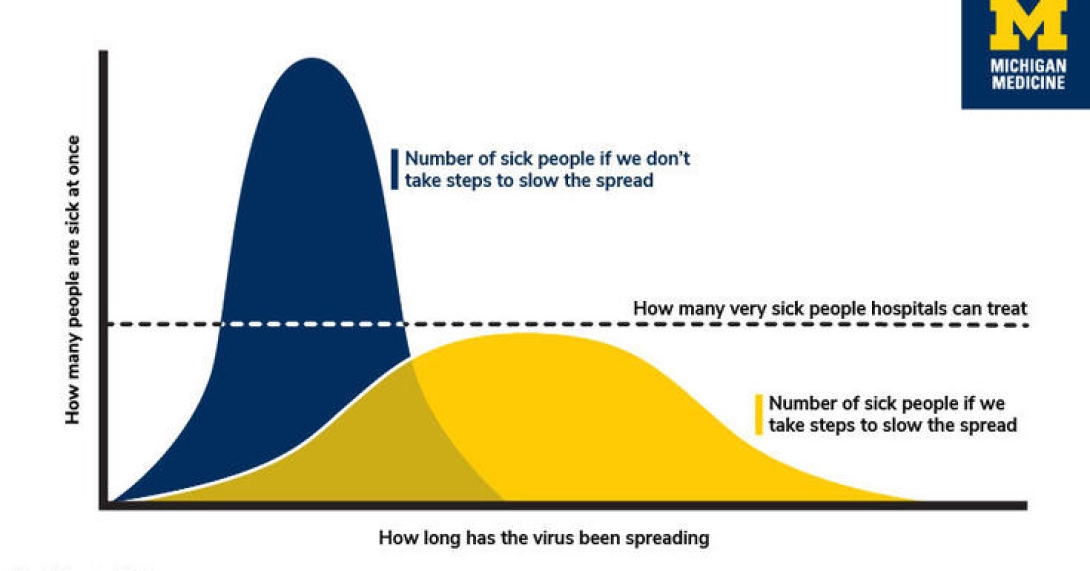A thank you to our readers, and a look back at the most read story of each year since our 2016 launch.
9:45 AM
Author |

The Michigan Health and Health Lab blogs are celebrating five years. Check out more anniversary stories: Michigan Health Lab's 5 Most Viewed Stories May Surprise You, Michigan Health Lab Turns 5, Golden Oldies: 5 Health Stories You Should Still Read
For the last five years, Michigan Medicine's Michigan Health blog has published stories of inspiring patient journeys and recoveries, tips on how to lead a healthy life and expertise from our care professionals.
Since its launch, the blog has brought readers over 1,500 posts. Its sister blog, the Michigan Health Lab, which is celebrating the same anniversary, has published over 1,700 stories.
As the blog hits its quinquennial, we remain committed to providing actionable, trustworthy health information to our readers around the globe.
Beginning with our very first story (Still Up? Try These 4 Sleeping Tips) to our latest (Who Has a Right to Ask if You're Vaccinated?), articles have run the gamut from expert commentary on breaking news stories, to how to stay heart healthy and how to spot the early warning signs of psychosis, to articles about the pandemic and moving patient stories, like the surgical separation of conjoined 1-year-old sisters.
Although its mission hasn't changed, the platform has expanded from its earliest days to include audio from the Michigan Medicine News Break podcast, e-newsletters, an RSS feed, video blogs from Michigan Medicine's Instagram and Facebook live chats, moving graphics, printable takeaways and more.
And the blog would be nowhere without you, our dedicated readers, who have followed us since the beginning or joined us along the way.
So, thank you.
Thank you for your trust. Thank you for reading and listening. And thank you for demonstrating the value our health journalism brings to so many.
As we look forward to more years of reporting, here's a quick look back at our most read stories:

Explore a variety of health care news & stories by visiting the Health Lab home page for more articles.

Department of Communication at Michigan Medicine
Want top health & research news weekly? Sign up for Health Lab’s newsletters today!










